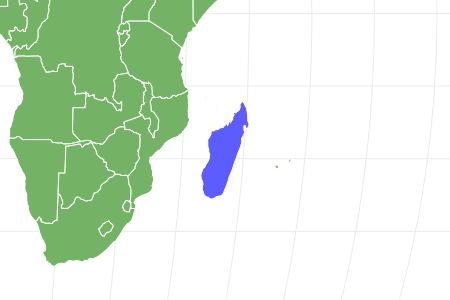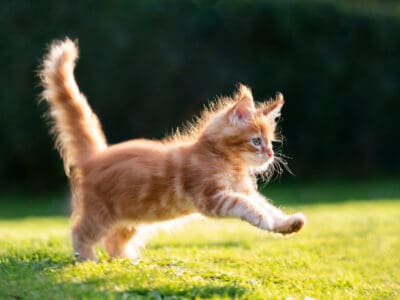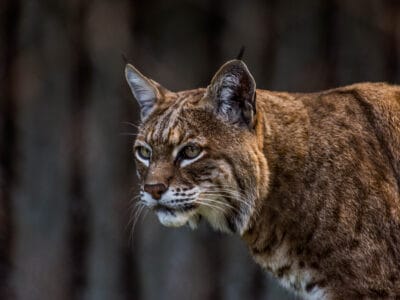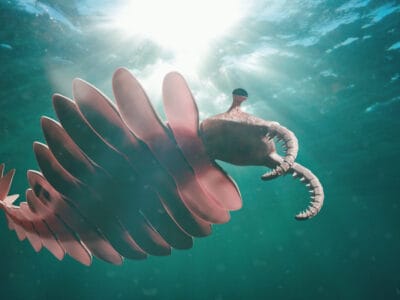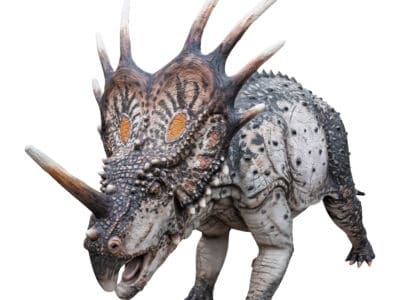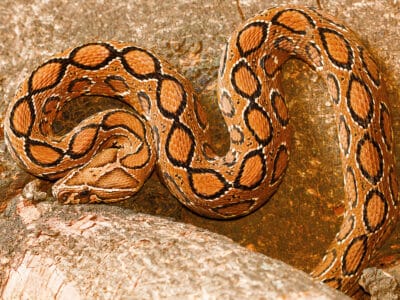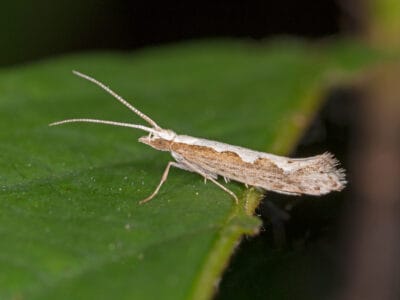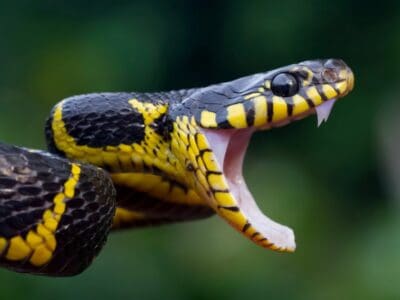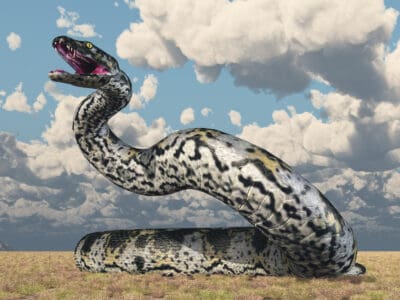Achrioptera Manga
.jumbotron {
background-image: url(“https://a-z-animals.com/media/2022/06/Achrioptera-Manga-400×300.jpg”);
}
}
@media only screen and (min-width: 641px) and (max-width: 920px) {
.jumbotron {
background-image: url(“https://a-z-animals.com/media/2022/06/Achrioptera-Manga-470×370.jpg”);
}
}
@media only screen and (min-width: 921px) {
.jumbotron {
background-image: url(“https://a-z-animals.com/media/2022/06/Achrioptera-Manga.jpg”);
}
}
Achrioptera Manga
A. Manga
Achrioptera Manga Facts
- Group Behavior
-
- Solitary
- Diet
- Herbivore
Achrioptera Manga Physical Characteristics
- Color
-
- Brown
- Blue
- Skin Type
- Exoskeleton
- Venomous
- No
- Aggression
- Low
This post may contain affiliate links to our partners like Chewy, Amazon, and others. Purchasing through these helps us further the A-Z Animals mission to educate about the world’s species..

Spiders that fly! Fish that walk! And 1000+ more incredible animals. Discover them all for FREE
View all of the Achrioptera Manga images!
Summary
Achrioptera manga is a species of phasmid, also known as stick insects. This species is only found in a specific forest in northern Madagascar, making them one of the rarest stick insects out there. The males of this species feature a bright blue color, preventing them from blending into the green foliage.
5 Achrioptera Manga Facts
- The A. Manga is only found in very specific areas in Madagascar. Therefore, it isn’t going to be found throughout much of the world.
- Despite being brightly colored, this species mimics branches and twigs quite well.
- This species wasn’t described until 1861.
- While this species is only found in a small area, it isn’t endangered.
- Not much is known for sure about this species since it is so rare. Most of what we know is assumed based on related insects.
Achrioptera Manga Species, Types, and Scientific Name
The Achrioptera manga belongs to the family of stick insects. These insects camouflage themselves by looking like sticks and leaves. Like many related insects, they can regrow their limbs through regeneration.
Often, humans find these insects bizarre and even threatening. However, stick insects pose no threat to humans. While the Phasmatidae contain some of the largest insects on the planet, this particular species grows to be rather small.
This species belongs to the genus of Achrioptera. You can find this genus in some areas of Africa, including Madagascar. All members of this family have bright colors, though they can still blend into their environment.
Appearance: How to Identify Achioptera Mange
For the most part, the Archioptera mange looks like you’d imagine a stick bug to look. They are rather long and have camouflaged limbs. However, the males of this species have a blue coloration.
Despite being bright-colored, this species remains capable of blending into its surroundings. Therefore, they can still hide from predators.
With that said, females maintain their brown coloration. Of course, this color allows them to blend in a bit better.
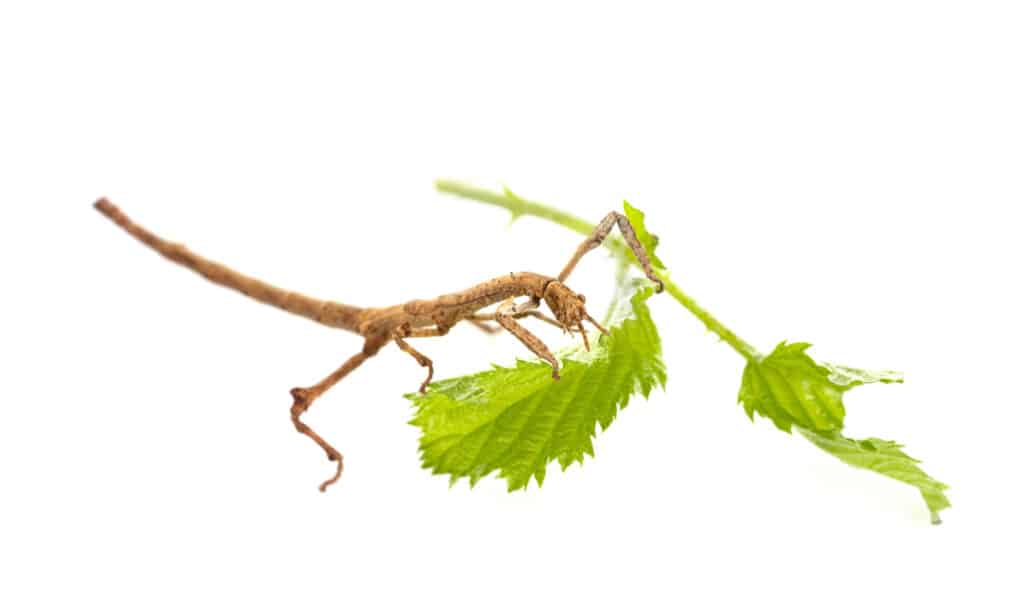
cynoclub/Shutterstock.com
Habitat: Where to Find the Archiptera Mange
This insect has an extremely small range. As far as experts can tell, they only live in very small parts of the forest in northern Madagascar. This species has yet to be studied in-depth. Therefore, their exact range remains unknown.
However, this species appears to live in similar habitats to other stick insects. Largely, they stay in the trees and on shrubs, which allows them to blend into their surroundings.
Beyond that, we don’t know much about where this insect lives.
What Do Archiptera Mange Eat?
No one has studied this insect in-depth to understand exactly what it eats. However, it remains likely that it consumes solely the leaves of the surrounding trees, like other stick insects.
The northern forests of Madagascar have many different tree species that this insect could consume. While this species could rely solely on one species of tree for their diet, experts expect that they consume a range of leaves.
View all 127 animals that start with A
Achrioptera Manga FAQs (Frequently Asked Questions)
Are Archiptera Manges Dangerous?
This stick insect may look quite dangerous. Plus, they are brightly colored, which makes them look potentially poisonous. However, humans have nothing to fear from this insect. They remain completely harmless, just like any other stick insect.
Their bright coloration probably signals their mating capacity. In this way, this insect species gets its color for the same reason a peacock does. By being brightly colorful, the insect signals to potential mates that they don’t have to hide.
Are Archiptera Manges Helpful or Harmful?
We don’t know much about how these insects interact with their environment. However, they likely consume massive amounts of leaves, just like other stick insects. For this reason, scientists expect that they are a dominant light gap producer.
These light gaps provide light to smaller plants below and encourage new plants to grow. Therefore, this insect likely plays a crucial role in their forest.
Can I Hold a Archiptera Mange?
If you could find one, you could hold one of these bugs without a significant problem. Scientists haven’t found these bugs to be poisonous or harmful. Therefore, you could hold one without worrying about getting hurt.
However, these bugs are extremely fragile. They can regrow their limbs, so their extremities don’t tend to be as durable as other animals.

